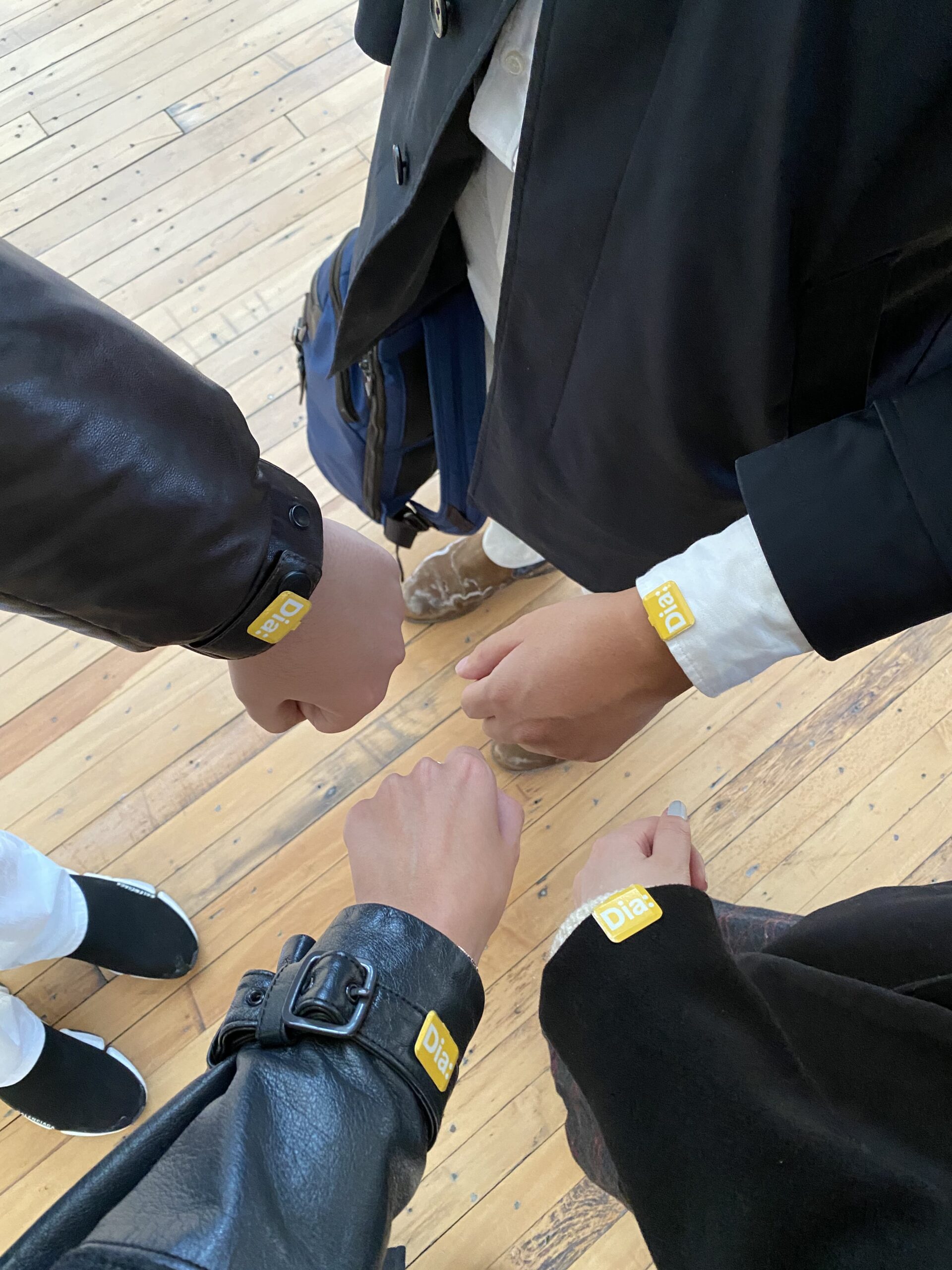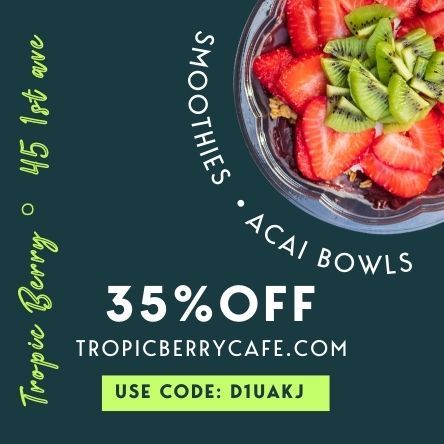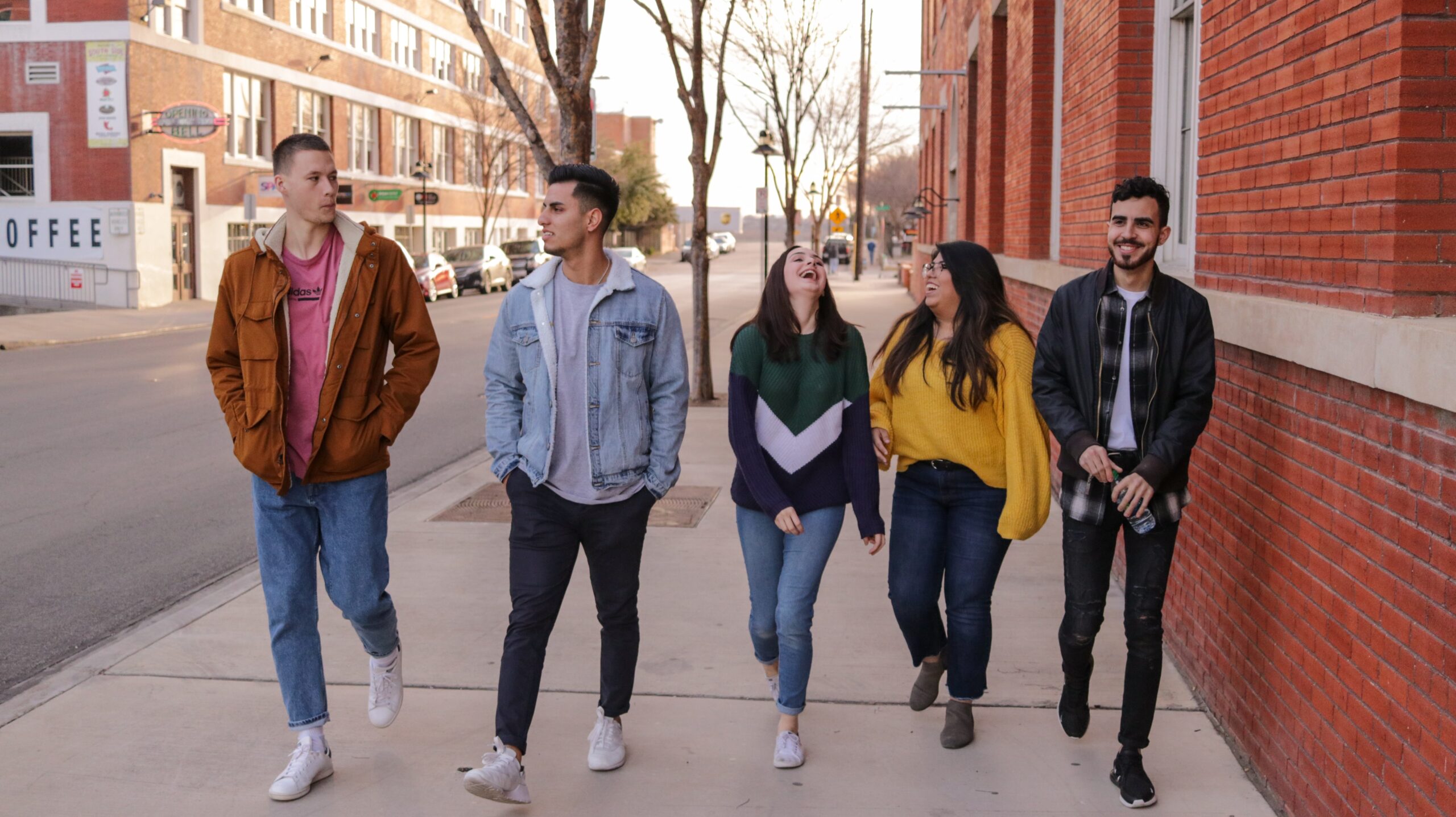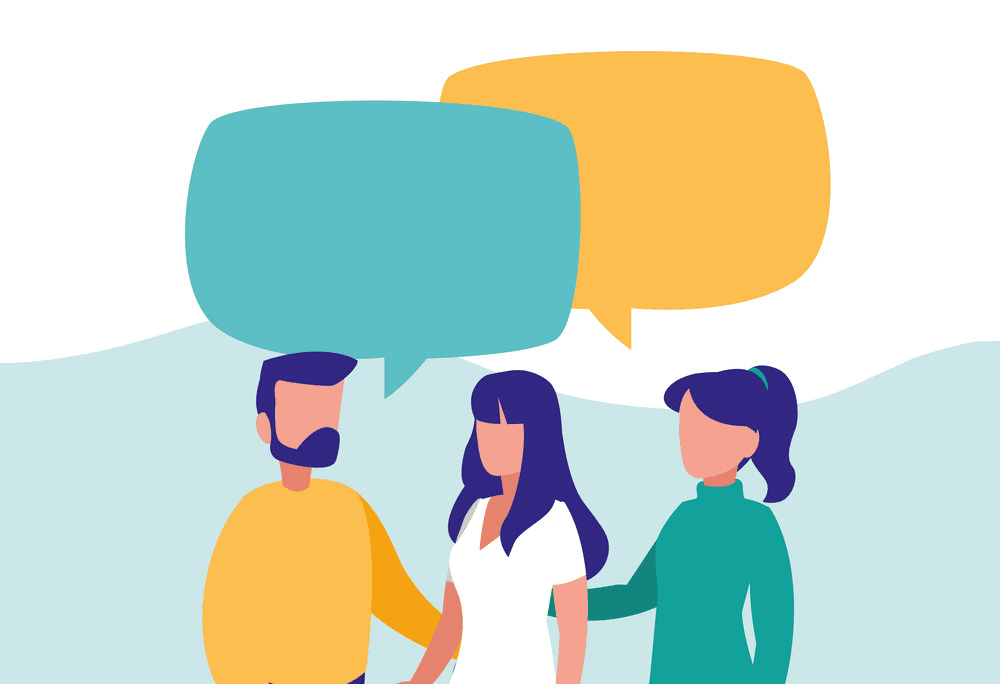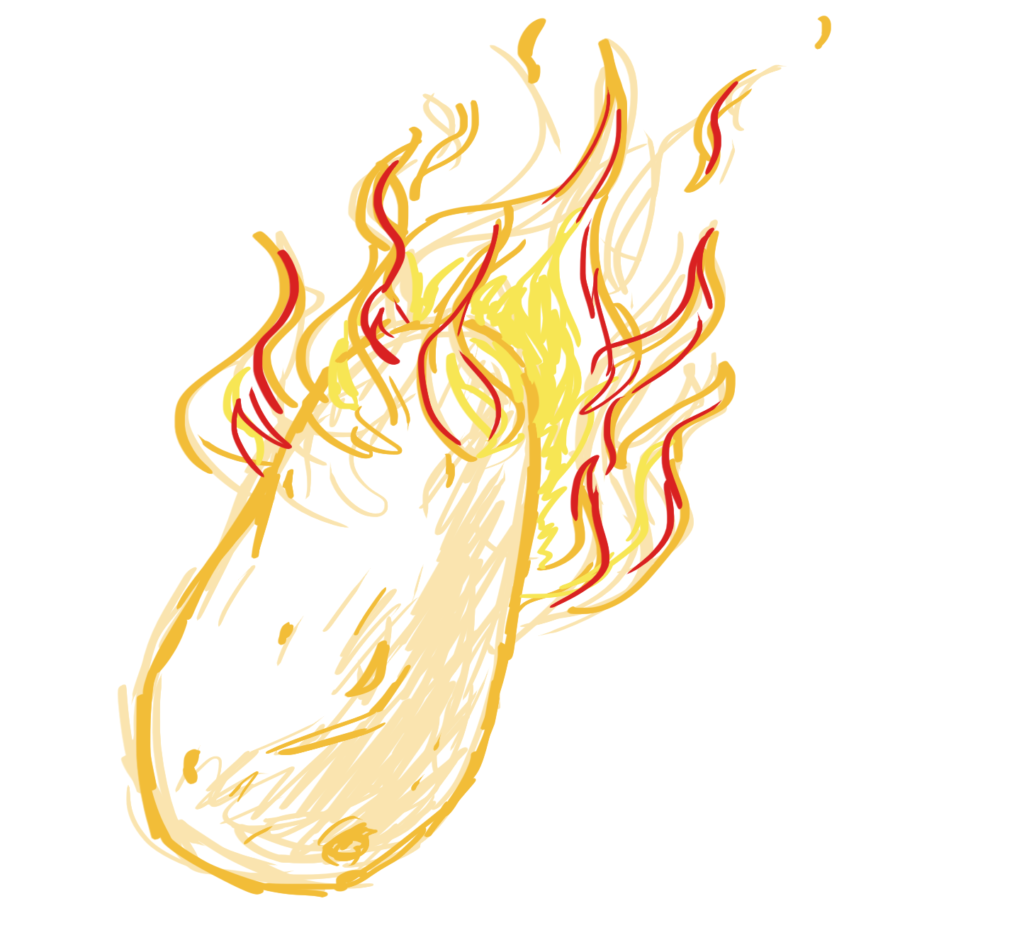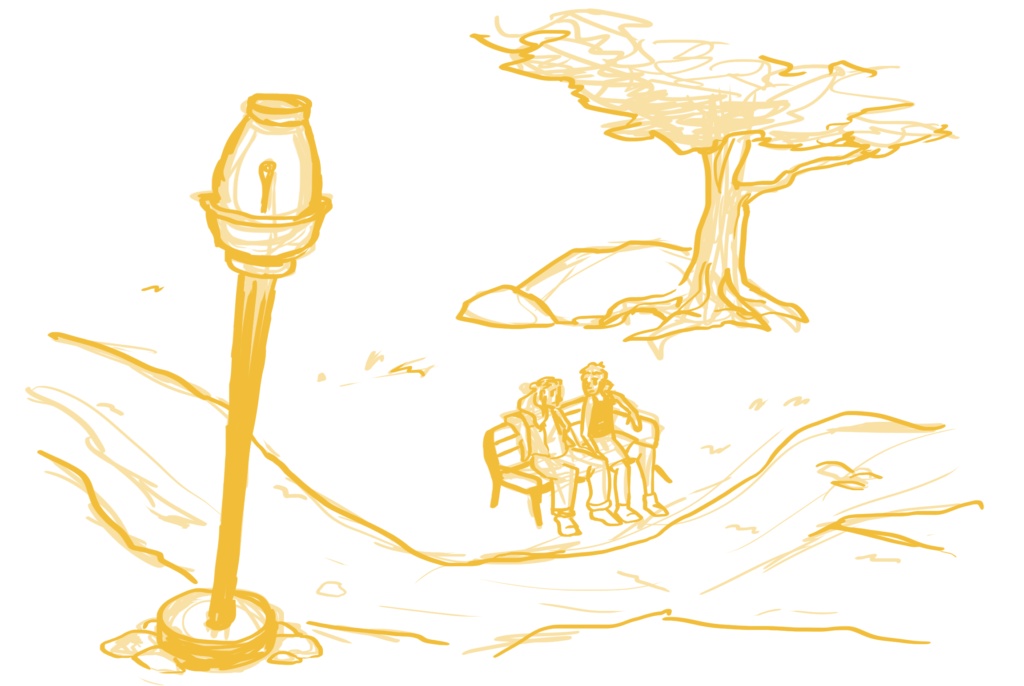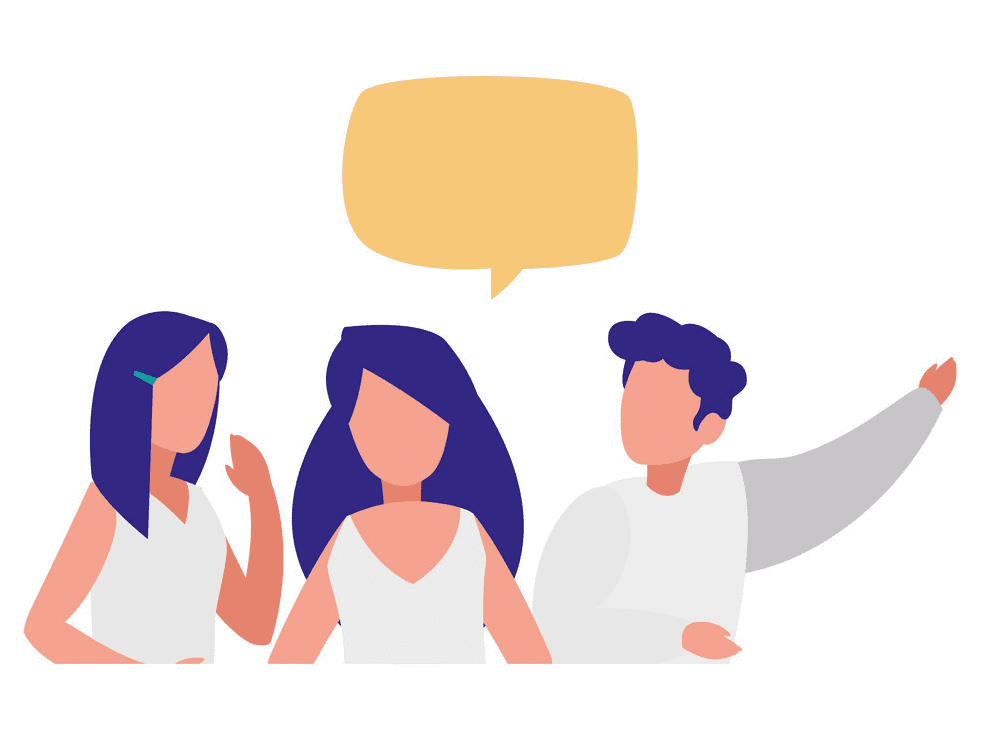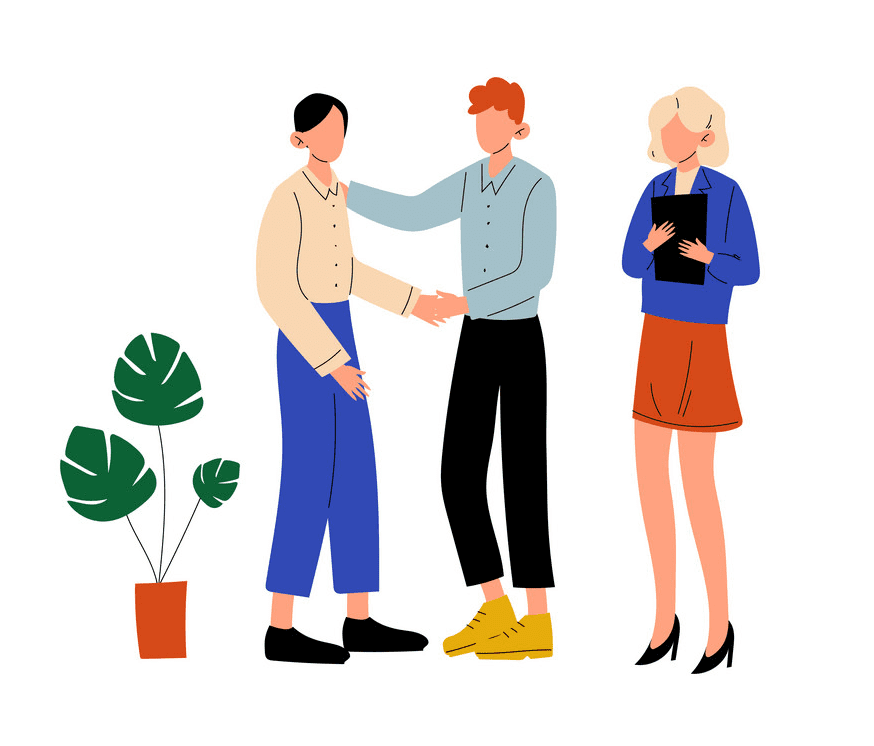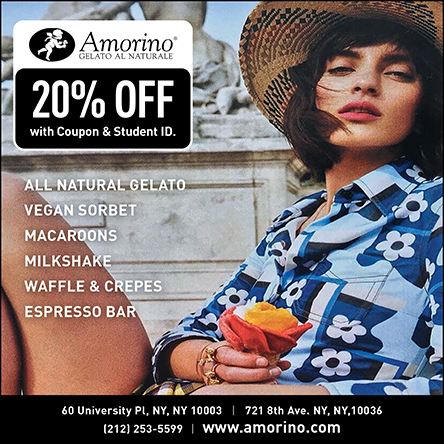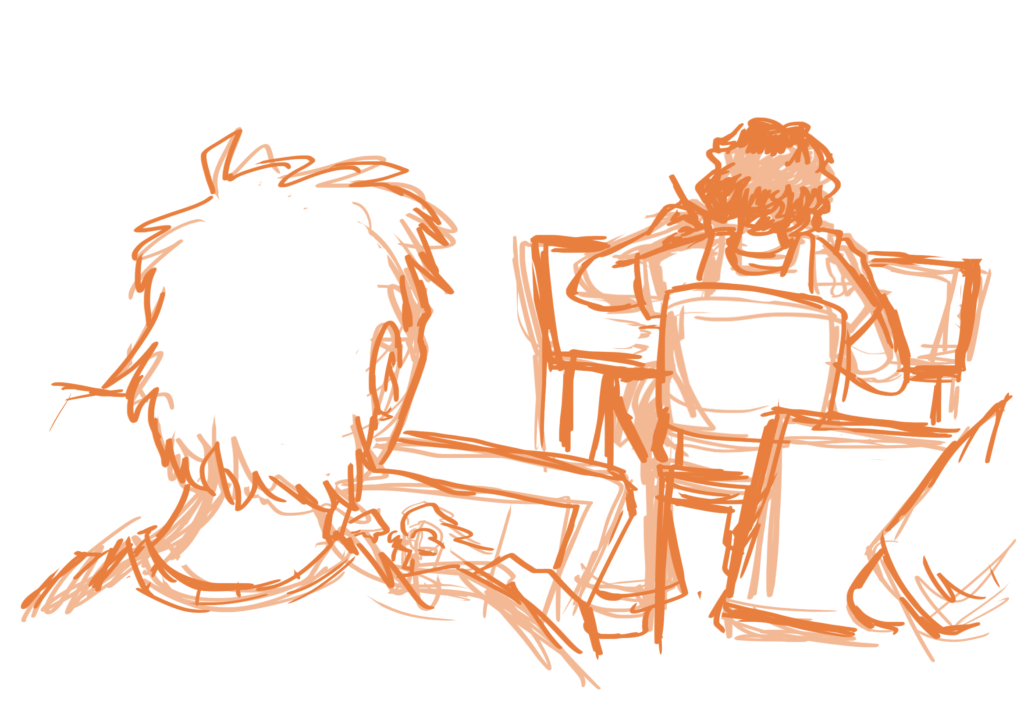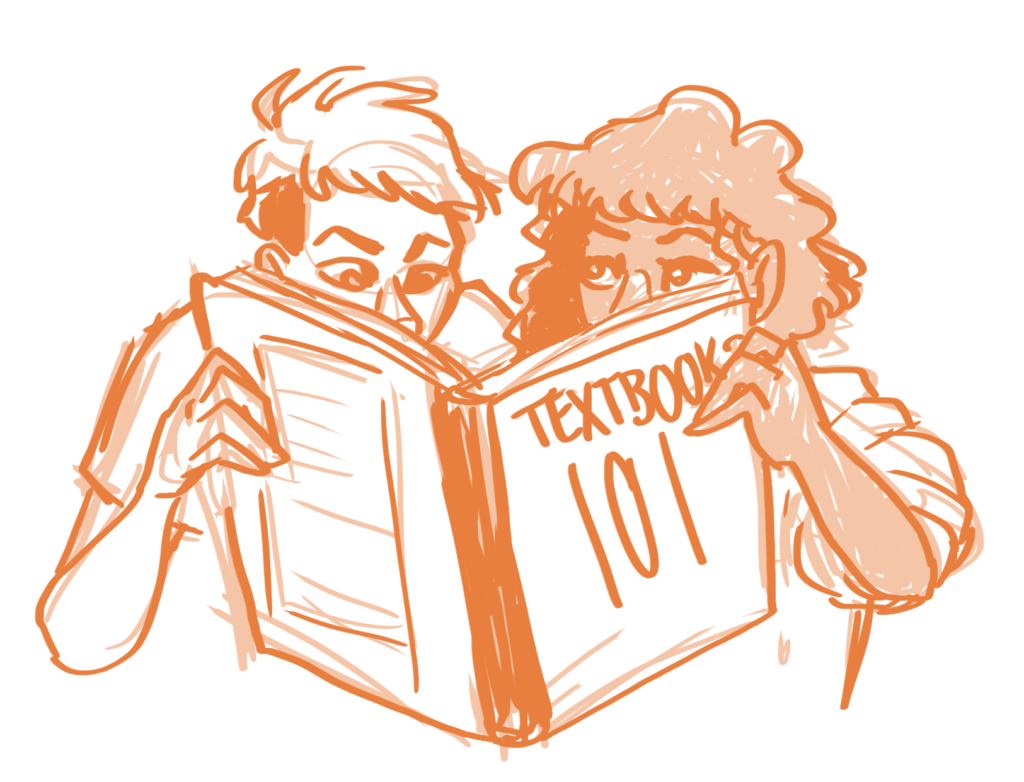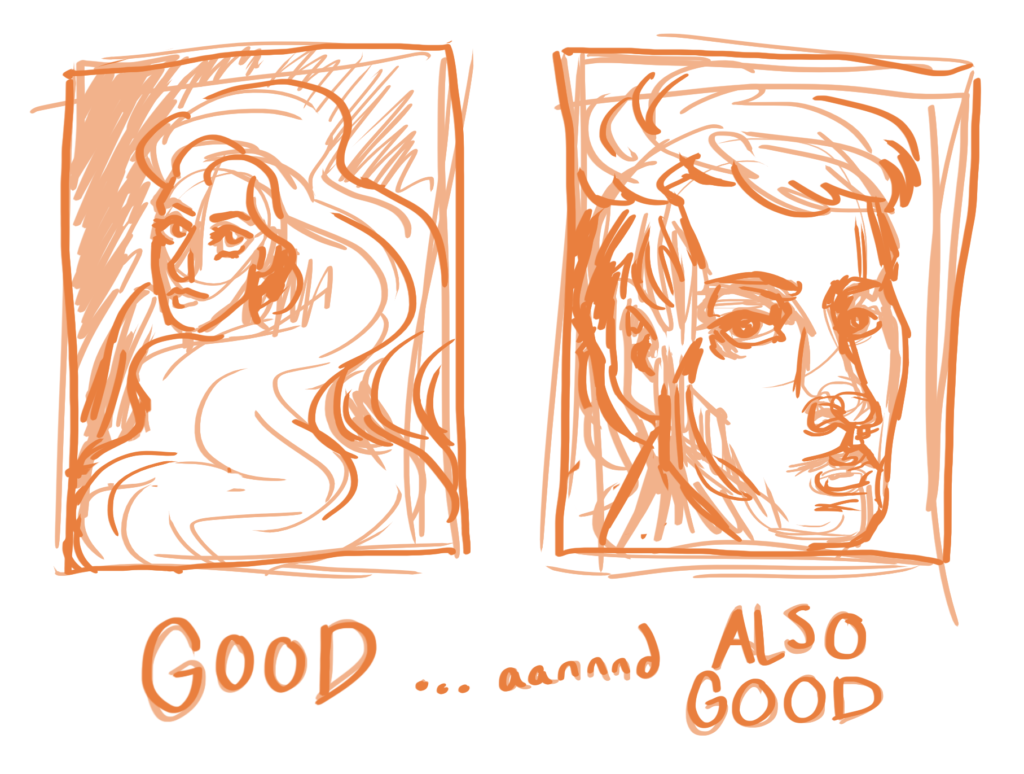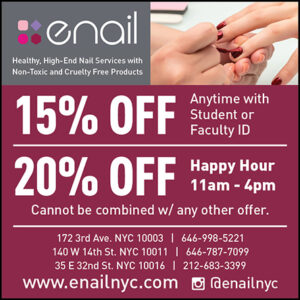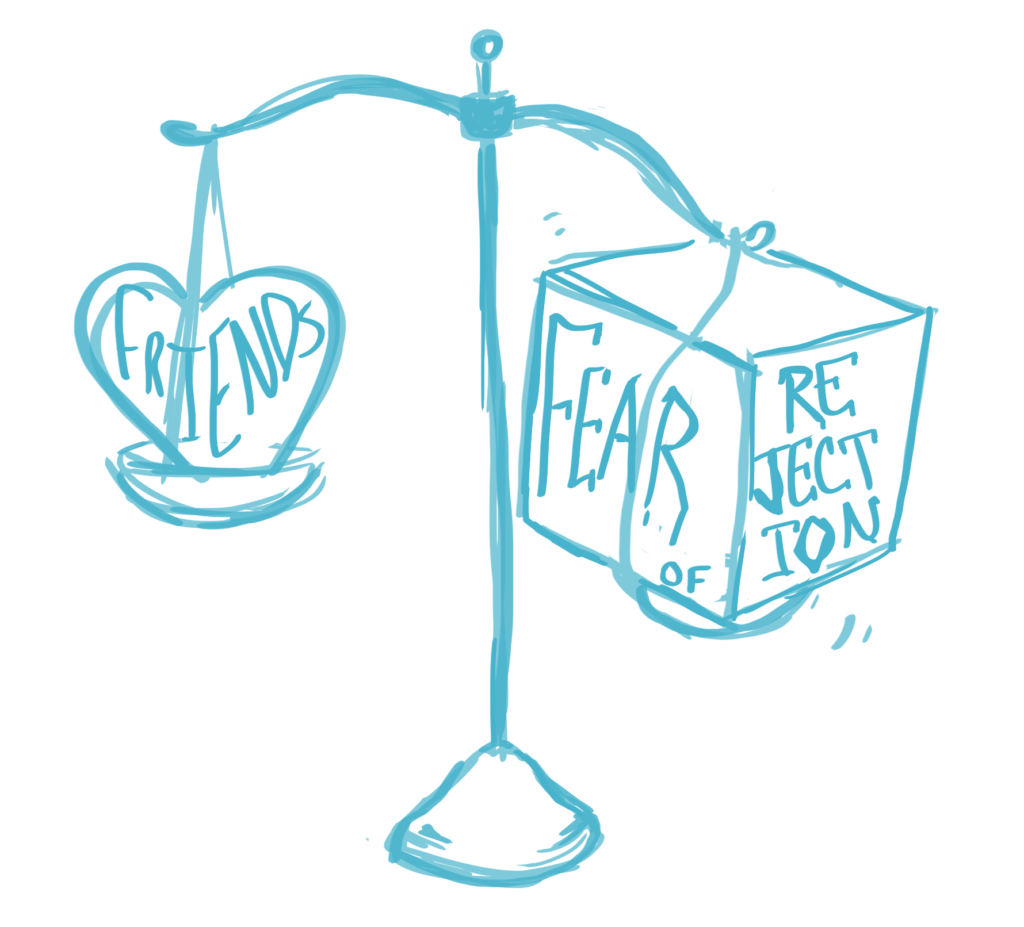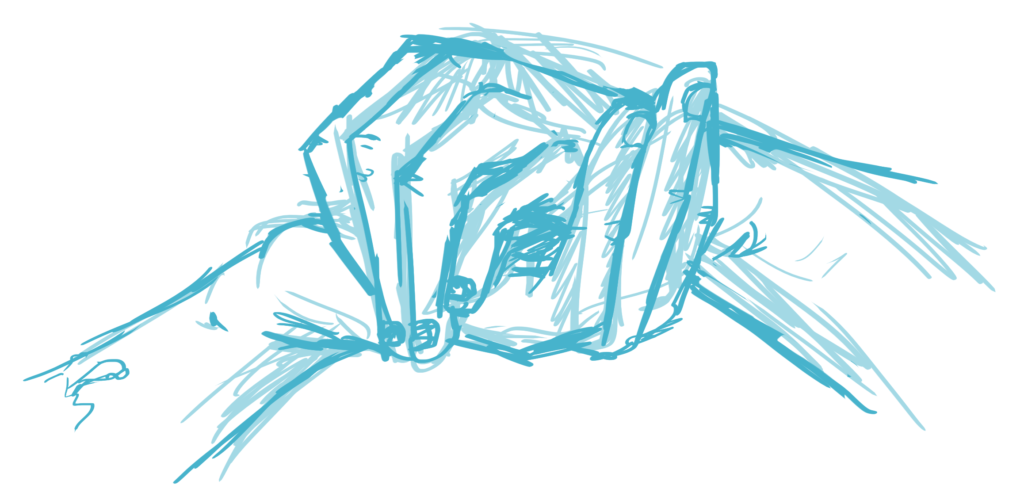As you get older, you learn a lot about relationships, be they familial, platonic, romantic, professional, or anything in between. High school is where you think you hit your stride in this department, since you start to become more independent and have many more choices to make; you are both physically and metaphorically in the driver’s seat more than you have been in your whole life. Making friends is also super convenient, as most of the people you are close with live no more than ten miles from your house and you see them every day at school. Minimal effort required.
But then once you graduate and enter your twenties, you realize there’s a reason that sitcoms focus on this age group—it’s the time in your life where you’re constantly trying to find your way in the world and relate to the people around you. All of your friends and family (probably) don’t live around the corner anymore, so it’s on you to forge those new connections. College plays a big role in this growing process because never in your life will you have as much freedom, but also as much confusion, as you do in those four years.
Freshman year of college is a particularly unique time because it feels like all the different realms of your life are trying to collapse in on each other. You’re trying to keep in touch with your friends from high school, you’re trying to make sure your family doesn’t feel isolated, and all the while, you’re trying to make new friends in a completely new environment. Being from Massachusetts and going to school at Villanova, I felt far removed from everyone I had grown up with, which was both a little bit sad and exciting. On one hand, I was wishing that I had chosen a school closer to home so I could cling to that sense of familiarity, and on the other, I was happy to be somewhere that felt completely my own where I could push myself outside of my comfort zone. After the first semester, I was feeling good about the friends that I was making both inside and outside of my dorm, and I felt like I was finally starting to see this new place as my home.
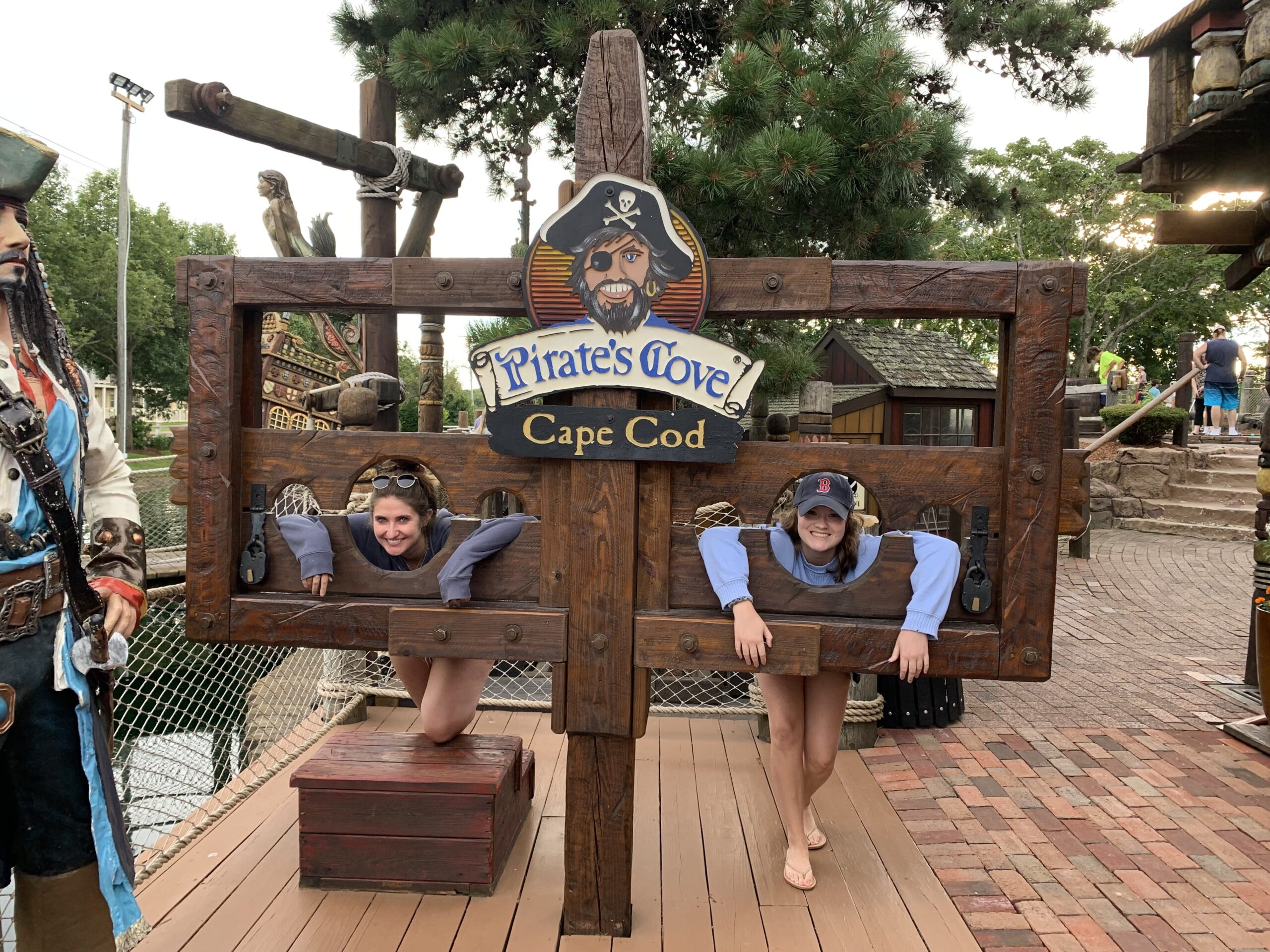
Then, you know, this cute little thing called COVID-19 came along, and it became a rather tumultuous time in our collective sitcom eras. Less laugh tracks, more laments.
I started to wonder what would happen to those relationships I had been cultivating those first two semesters—would they survive a global pandemic? When we came back to school (at that point—if we came back to school at all) how would things be different from the first time I saw my peers? And what would happen to the people I was friends with from my town, where even the ten-mile radius felt so far away during quarantine? Everything was so uncertain, and those first few months of the pandemic were some of the loneliest months of my life. Stuck in my house, not able to see extended family members, high school friends, or college friends. But maintaining relationships and keeping people who are important to you in your life takes effort, and this period of our lives was perhaps the greatest test of who you would remain close with and who you might unfortunately grow apart from.
The rules of relationships also seemed to be changing to align with the health crisis we were living through. I was always incredibly nervous about COVID, both contracting and spreading it, so I took every precaution seriously to minimize putting myself and my loved ones at risk. When the spread began to slow and we could start seeing people outside of quarantine, the most important thing for me was to make sure their boundaries were respected. Are they okay hanging out with no masks? Would they prefer to be outside where we could socially distance? Would it be easier to do something or go somewhere that required wearing masks so we wouldn’t even have to debate it? It was great when vaccines started rolling out and we were able to better protect ourselves, but these questions never really went away. Ironically, despite being very cautious, last winter I still got one of my best friends sick after texting her that “I only have a little bit of a stuffy nose, I definitely don’t think it’s COVID” before hanging out with her. Guess what it was!

Though I would never be upset or mad with someone who accidentally exposed me to COVID and got me sick, I still felt a lot of guilt over just the potential of getting anyone sick. My friend was very reassuring about the whole thing, so it helped to ease the burden of what I was feeling.
Maintaining relationships during COVID was difficult to say the least, but it taught me a lot about how you should treat people. From my perspective, the two most important parts of a relationship of any kind are respect and trust. Many people had different comfort levels when it came to the pandemic, so it was necessary to respect when people maybe didn’t want to hang out or wanted to take an abundance of caution to make sure that everyone felt safe. We had to trust that those close to us were wearing their masks, not going to unnecessary “super-spreader” events, and were getting vaccinated when they could. And ultimately, when those around us were sick, we needed to be supportive of them and do our best to be there for them.
These are of course not lessons that are exclusive to a pandemic but have instead been strengthened by it. In fact, it should not have taken a pandemic for us to figure out that we need to be kind and considerate of others, but nonetheless, here we are. And after all of those precautions, the COVID scares within networks of people, and the months of general struggle, I’ve come to realize that what I look for the most in relationships is being around people who make me feel comfortable. I strive to be that person for others, and I would encourage you to do the same, as it will go a long way in building meaningful connections with people.
Hopefully Randy Newman would agree.
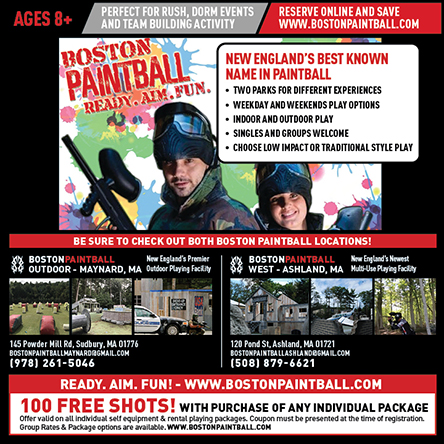
By: Katie Reed
Katie Reed is a senior at Villanova University studying English and Communication. She is in utter disbelief that she just admitted to being a senior. She loves to read, but has made barely a dent in the increasingly large pile of books on her bookshelf that she told herself she would read this summer. She hopes to enter a career in the editing and publishing industry.
For over 20 years, the Campus Clipper has been offering awesome student discounts in NYC, from the East Side to Greenwich Village. Along with inspiration, the company offers students a special coupon booklet and the Official Student Guide, which encourages them to discover new places in the city and save money on food, clothing, and services. At the Campus Clipper, not only do we help our interns learn new skills, make money, and create wonderful e-books, we give them a platform to teach others. Check our website for more student savings and watch our YouTube video showing off some of New York City’s finest students during the Welcome Week of 2015.


